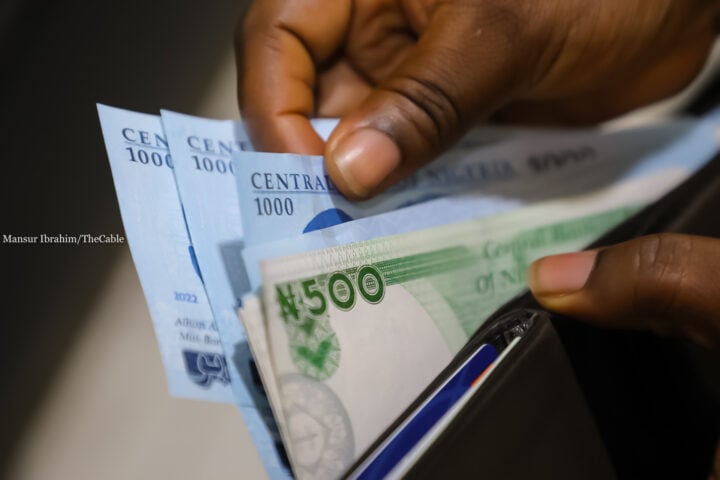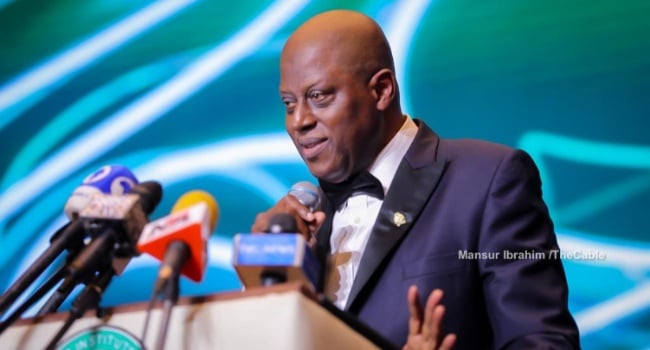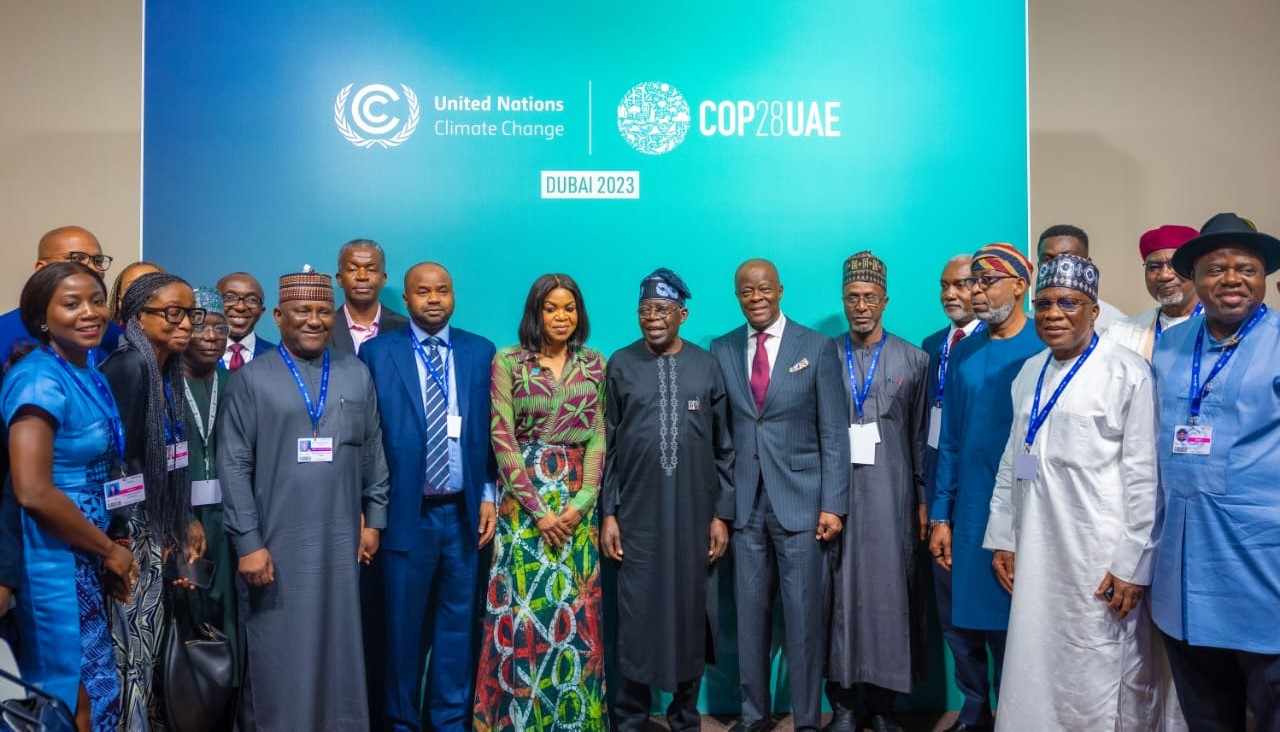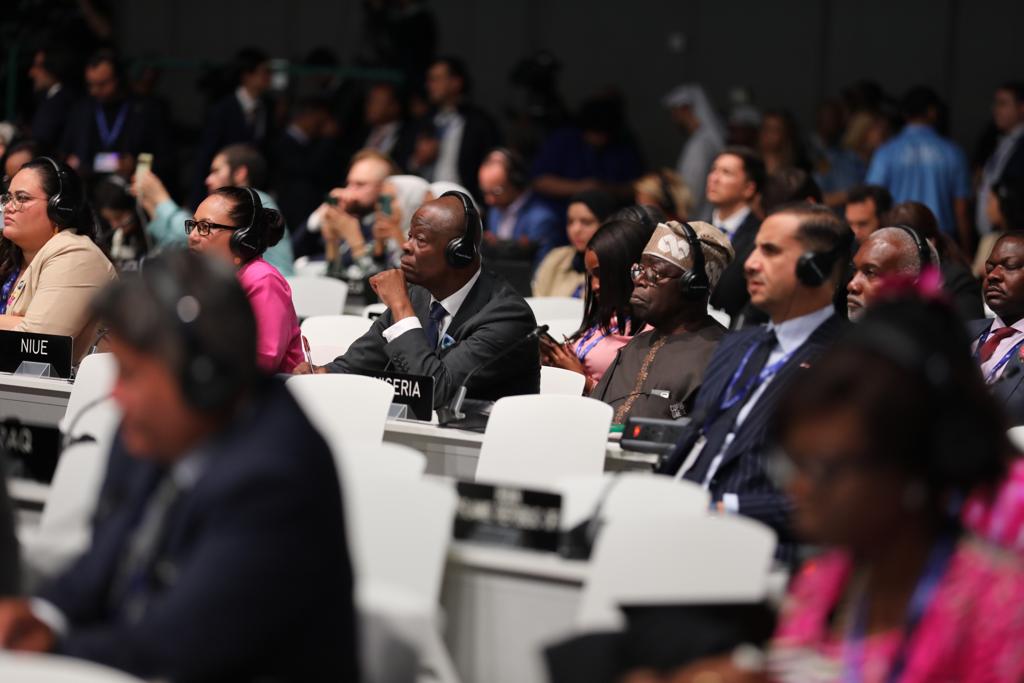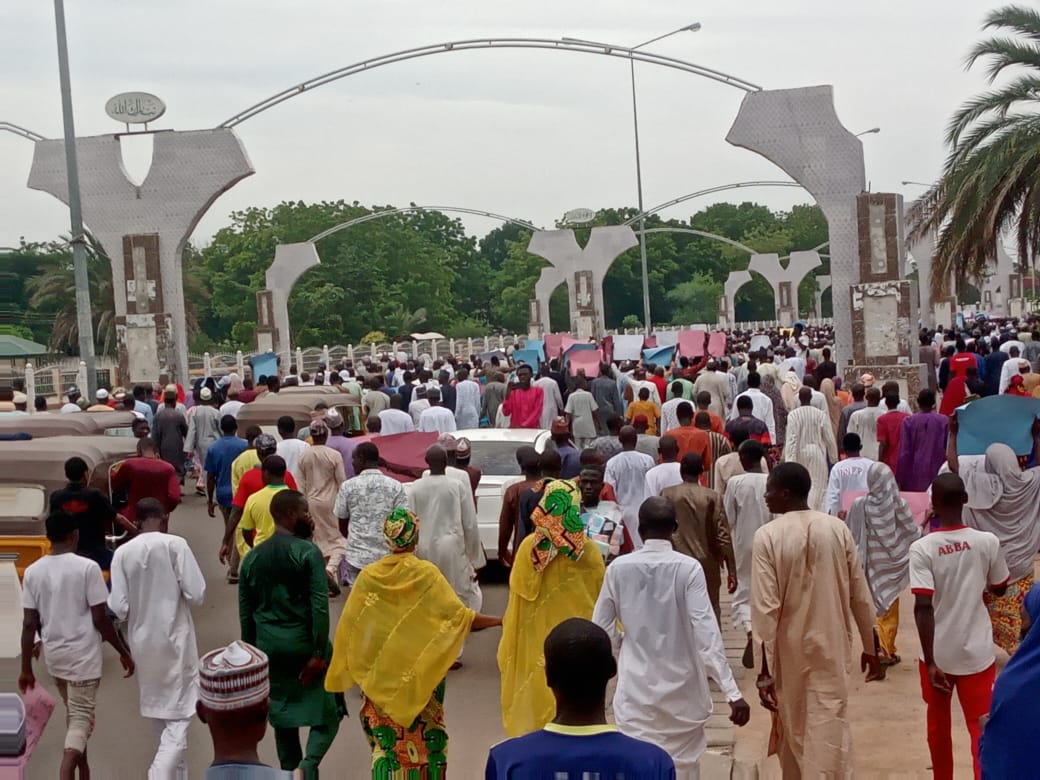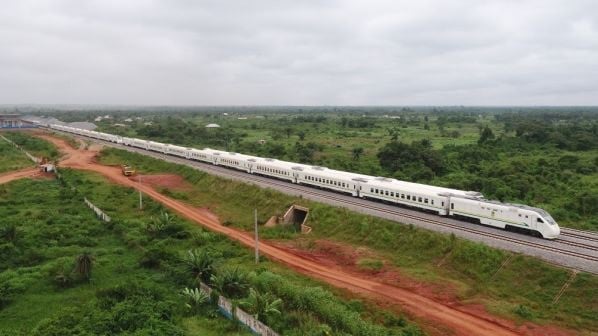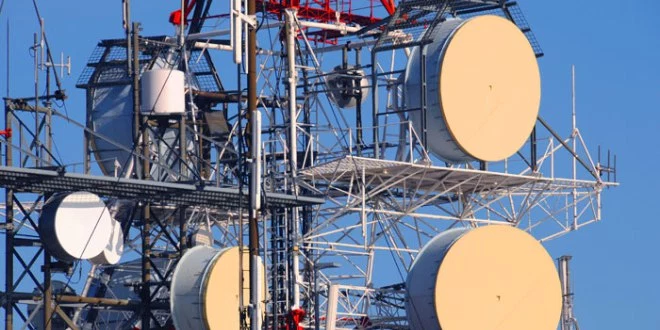The initiative at the twilight of General Muhammadu Buhari’s administration to redesign the country’s currency, the Naira, has become a complex narrative characterised by intricate political undercurrents, scarcity hurdles, and the looming threat of diminishing national pride and identity.
This seeming bad state of the Naira coupled with its persistent devaluation against other major currencies is casting a shadow over the original objectives of the redesign policy.
At a time in the early stages of the implementation of the policy, the new Naira notes were so scarce that Nigerians were buying the local currency just like other nations’ currencies. It was said that some families giving out their daughters in marriage insisted on payment of bride price in the new currency to the chagrin of the grooms’ families who were also negatively impacted by the scarcity of the new notes. What a paradox!
The most worrisome in this debacle is the recent ruling by a seven-man panel of the Supreme Court led by Justice John Okoro that the old currency remains a legal tender indefinitely, to exist side by side with the newly redesigned notes. This has thrown up another economic conundrum as Nigeria is perhaps, the only country in the world presenting two types of currencies of the same economic value as legal tender amidst its scarcity.
Advertisement
Be it as it may, critical questions are begging for answers: What manner of economic blueprint is the APC government of President Bola Tinubu implementing? What is in this naira war that the APC government from the Buhari era to the present administration cannot resolve to bring reprieve to the majority of people who continue to bear the brunt? I used war advisedly because the former central bank governor, Godwin Emefiele, is still in prison custody following an order of court as he is facing prosecution for “economic crime” while in office. Why is the APC going to court against the policy of its past administration? What has changed in the philosophy of the party that makes it difficult to reconcile existing policies of the past administration and the present?
While President Tinubu during his inauguration had hinted at continuing with the programmes of his predecessor. The persistent naira crisis without a substantive policy to address the challenges has also cast a shadow of doubt on the sincerity of this government.
In 2022, the Central Bank of Nigeria (CBN) announced the redesign of 200, 500 and 1,000 naira notes, and planned to end the use of the old notes by January 31, 2023. But an acute scarcity of the new notes made the January 31 deadline impracticable, and prompted the bank, with the approval of President Muhammadu Buhari, to extend the legal tender status of the old notes till February 10.
Advertisement
On February 3, three state governments –Kaduna, Kogi, and Zamfara– all APC states citing the hardship the continued scarcity of naira notes brought to their people, sued the federal government at the supreme court for a reversal of the policy. Days later, the court issued an interim order suspending the implementation of the deadline set by the federal government and directed that the old and new notes should continue to circulate pending the resolution of the case.
Despite the ruling by the apex court, the CBN maintained that the old notes had stopped being legal tender after the February 8 deadline while the scarcity of the new notes persisted bringing about lots of hardship to the citizens with several reports of loss of lives.
In defiance of the supreme court’s order, Mr Buhari on February 16, restored the validity of the old N200 notes, insisting that the N500 and N1000 notes had ceased to be legal tender. This defiant stand of the Buhari administration occasioned the rise of the number of plaintiffs to nine after six states were added to the three initial plaintiffs during the hearing of the case on February 22, three days before the national elections held on February 25.
The biting cash crunch featured as a major issue in the lead-up to the elections, which many feared could derail the process. The redesign of a country’s national currency extends beyond aesthetics. It involves a strategic blend of cultural representation, economic considerations, and technological advancements. Moreover, the design of a nation’s currency is more than a utilitarian exercise in functionality; it is a symbolic representation of its identity and pride.
Advertisement
The politics surrounding the Naira notes redesign and the persistent scarcity of the currency have become a pivotal factor in shaping the nation’s collective psyche and potentially undermining the very essence of national pride and identity.
A currency serves as a historical continuum, connecting the present to the nation’s past. The redesign dilemma demands a thoughtful approach to maintain a thread of historical continuity, ensuring that the Nigerian naira seamlessly integrates with the existing narrative.
The Naira is not just a medium of exchange; it is a psychological anchor for citizens. The redesign dilemma raises concerns about the potential psychological impact on individuals who may struggle to connect with a radically altered visual representation of their national currency.
As it stands today, most Nigerians cannot distinguish between the old notes and the new ones by simple mental note except by rigorous explanation or physical interaction with the currencies and most times people give out wrong denominations mistakenly as the new designs appear only to be different in colour features. The risk of detachment among citizens who may find it challenging to identify with the redesigned Naira is also potentially eroding the currency’s role as a unifying symbol.
Advertisement
While the decision to redesign the Naira notes may have been rooted in the aspiration to modernize and celebrate Nigeria’s rich cultural heritage, the execution of this vision has been marred by political complexities.
The promise of renewal has now become a risk being overshadowed by the scarcity that has left citizens questioning the political will behind the redesign initiative. From the ATMs to vendor PoS operators, scarcity of naira looms large in major cities of the nation.
Advertisement
As the scarcity of notes, both old and redesigned, persists, citizens are left to ponder the motivations behind the political push for a new currency. Scarcity not only disrupts economic transactions but also breeds scepticism, contributing to the erosion of trust in the political machinery.
The scarcity of the redesigned Naira notes carries symbolic weight. A currency in short supply mirrors a nation grappling with internal challenges, potentially projecting an image of instability. The scarcity narrative threatens to overshadow the intended celebration of national symbols, inadvertently eroding the pride associated with the currency.
Advertisement
The scarcity of Naira notes, whether intentional or circumstantial, has economic implications. From disruptions in daily transactions to the potential impact on investor confidence, the erosion of national pride becomes intertwined with economic stability.
The erosion of national pride is a collateral consequence of the scarcity dilemma. What was meant to be a unifying symbol risks becoming a source of frustration and disillusionment. Citizens, grappling with the daily challenges of accessing naira notes, may feel a disconnection from a currency that was meant to be a source of collective pride.
Advertisement
Beyond the visual metamorphosis, the driving force behind currency redesign across the world lies deeply rooted in economic considerations. Currency redesign often stems from the necessity to stay ahead of counterfeiting technologies. A modernised design equipped with advanced security features becomes crucial to safeguarding the integrity of the nation’s financial system.
A revamped currency can act as a catalyst for fostering confidence in the economic system, both domestically and internationally. The psychological impact of a visually modern and secure currency can translate into increased trust in the stability of the national economy.
Currency redesign is not merely a cosmetic change; it can streamline cash management processes. The introduction of new denominations or features may optimize currency circulation, contributing to more efficient monetary policies.
Currency redesign decisions must be guided by an understanding of public sentiment and acceptance. The dilemma arises when design choices, intended to modernize or refresh, fail to align with the expectations and preferences of the diverse Nigerian populace.
The redesign dilemma brings to light the importance of effective communication. Ambiguity not only lies in the design itself but also in the failure to convey the reasons and vision behind the proposed changes and also the reason for the short supply of the legal tender.
Lack of communication may lead to skepticism, further widening the gap between the populace and the very symbol that should inspire confidence. The history of the Nigerian Naira is a tale of economic challenges, external pressures, and internal factors that have shaped its journey.
As Nigeria stands at the precipice of economic stagflation, the naira’s visual transformation holds the power to either reinforce or erode the delicate strands of national pride and identity. In embracing clarity over ambiguity, Nigeria can ensure that its currency not only reflects the richness of its heritage but becomes a source of inspiration and unity for generations to come. The redesign dilemma is, therefore, not just about the naira’s new face but about the contours of a nation’s soul.
Views expressed by contributors are strictly personal and not of TheCable.

